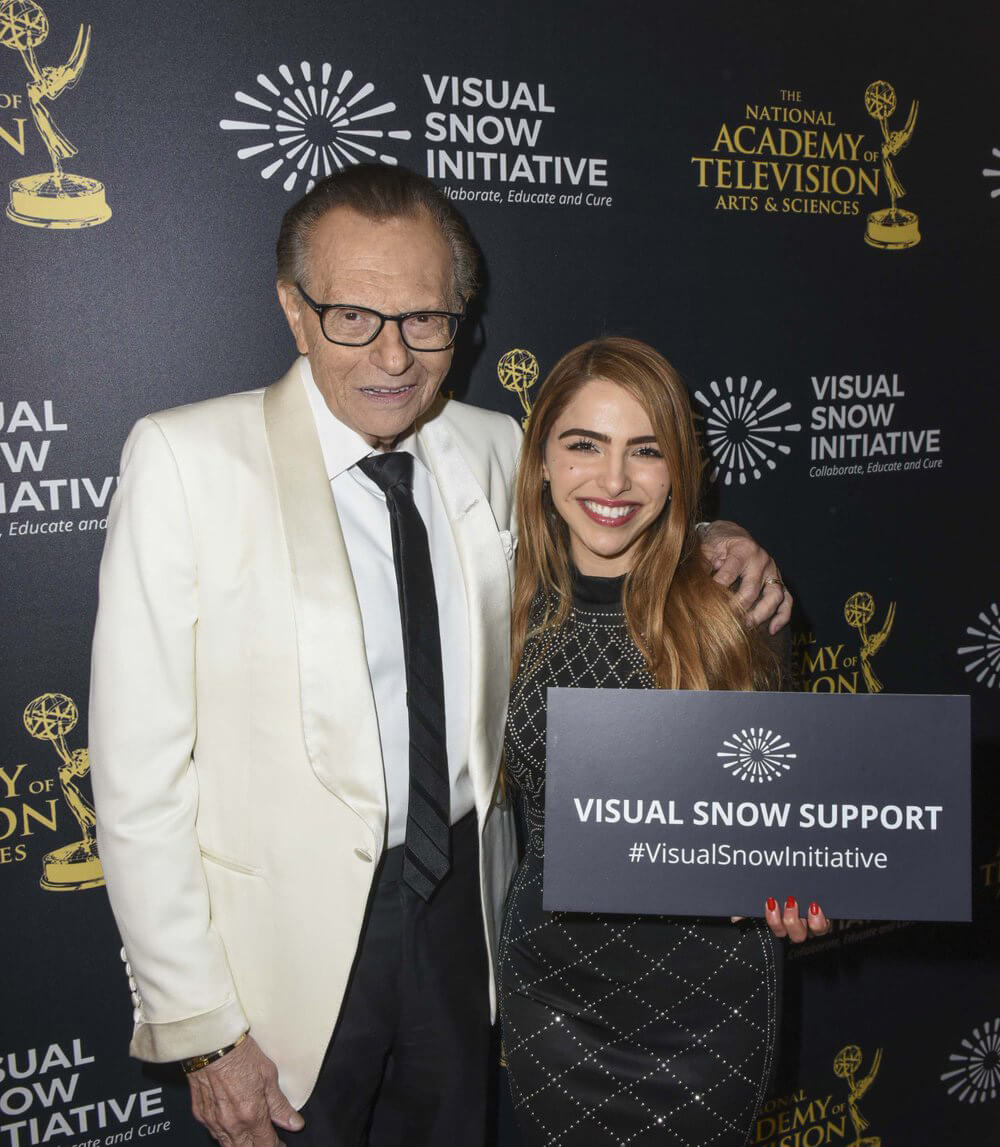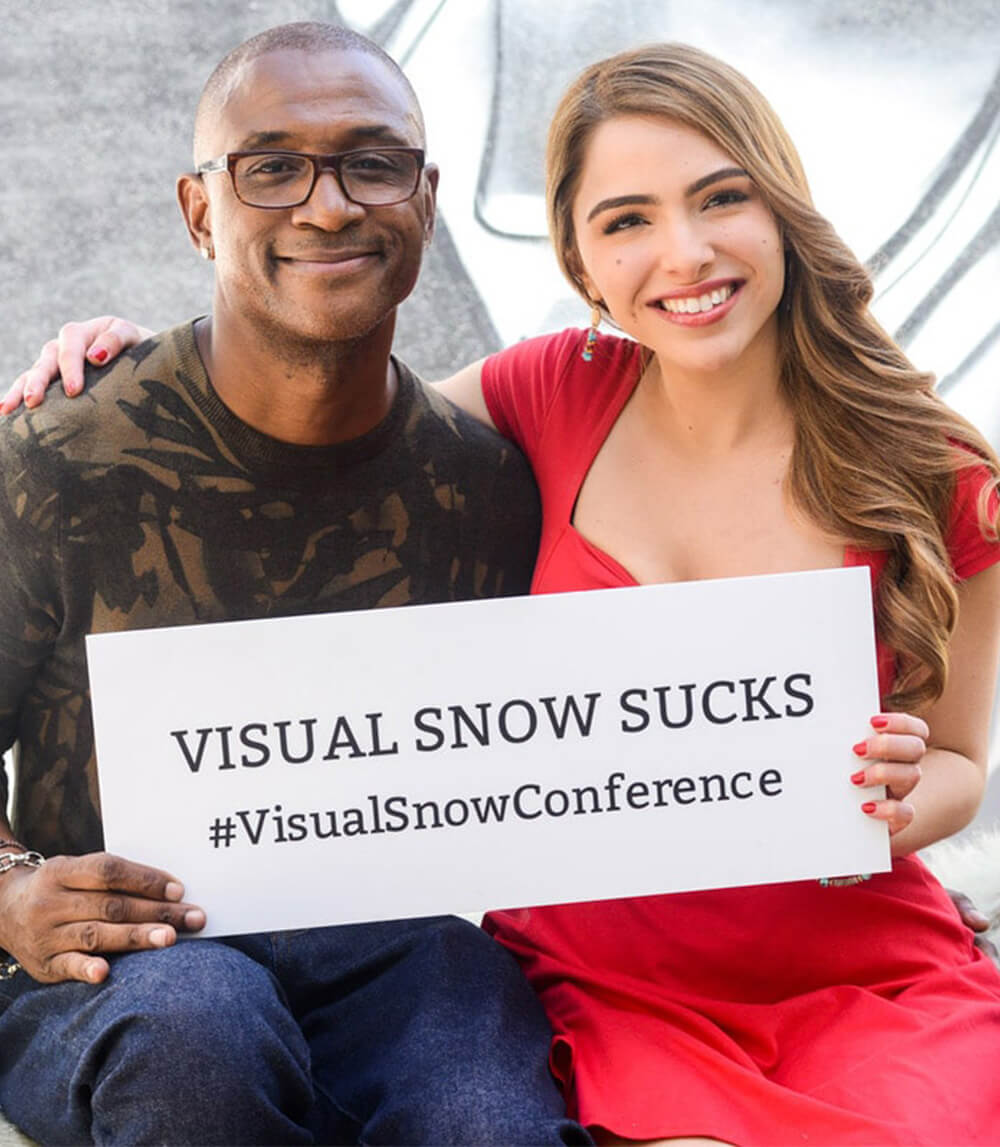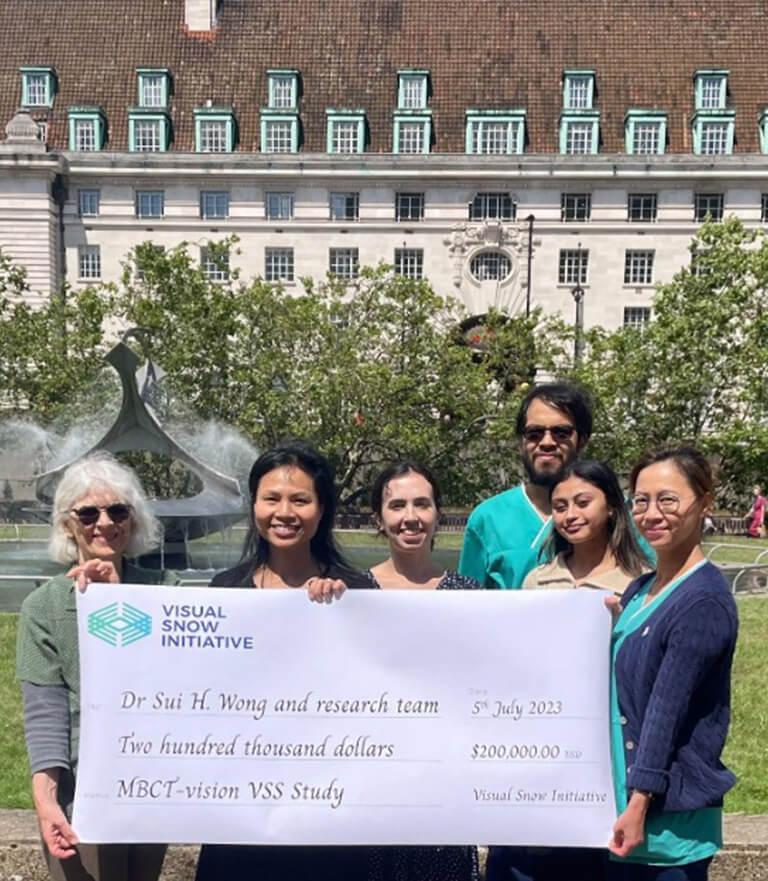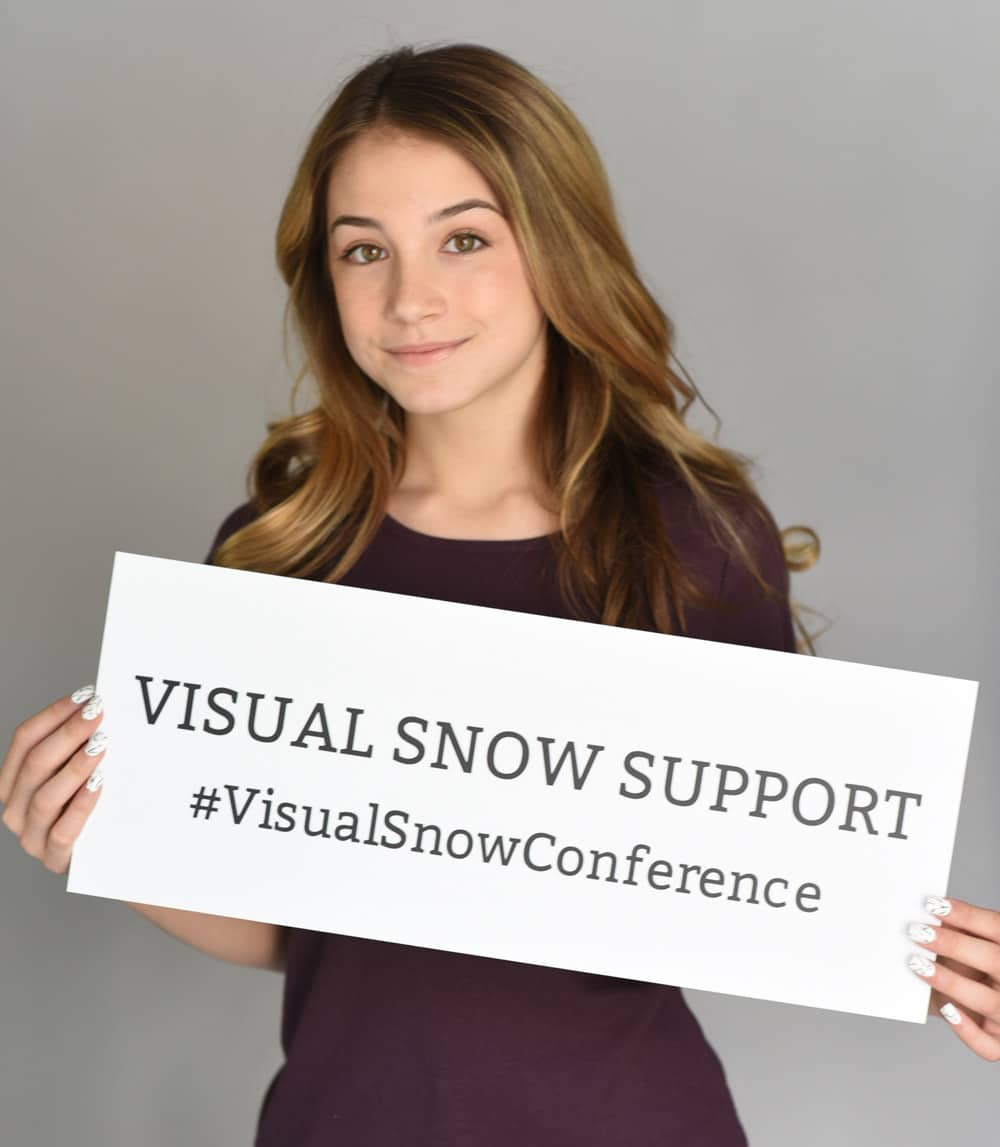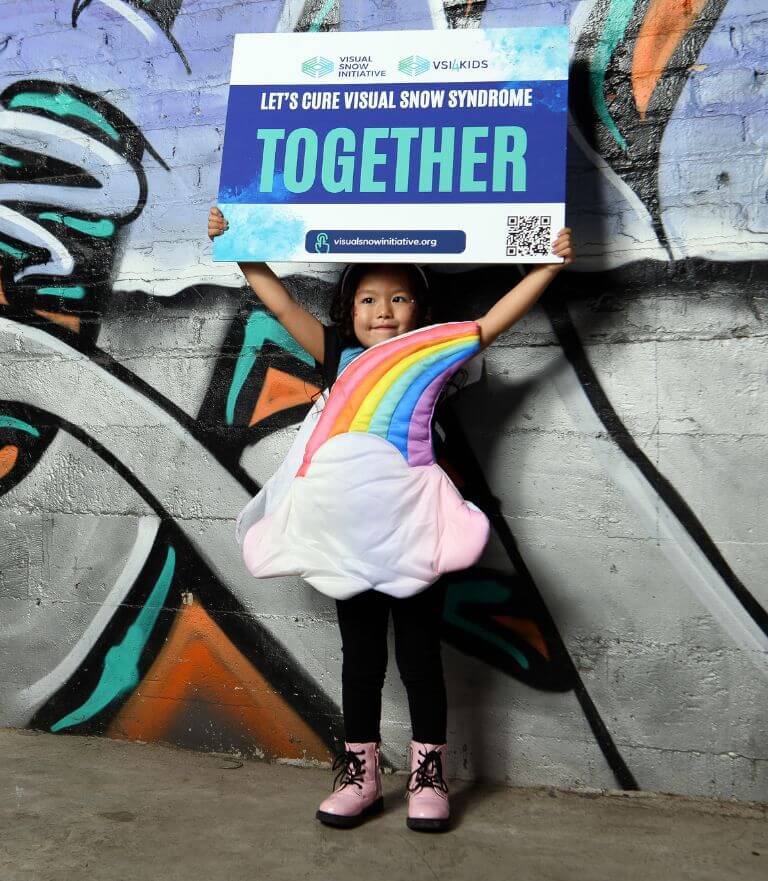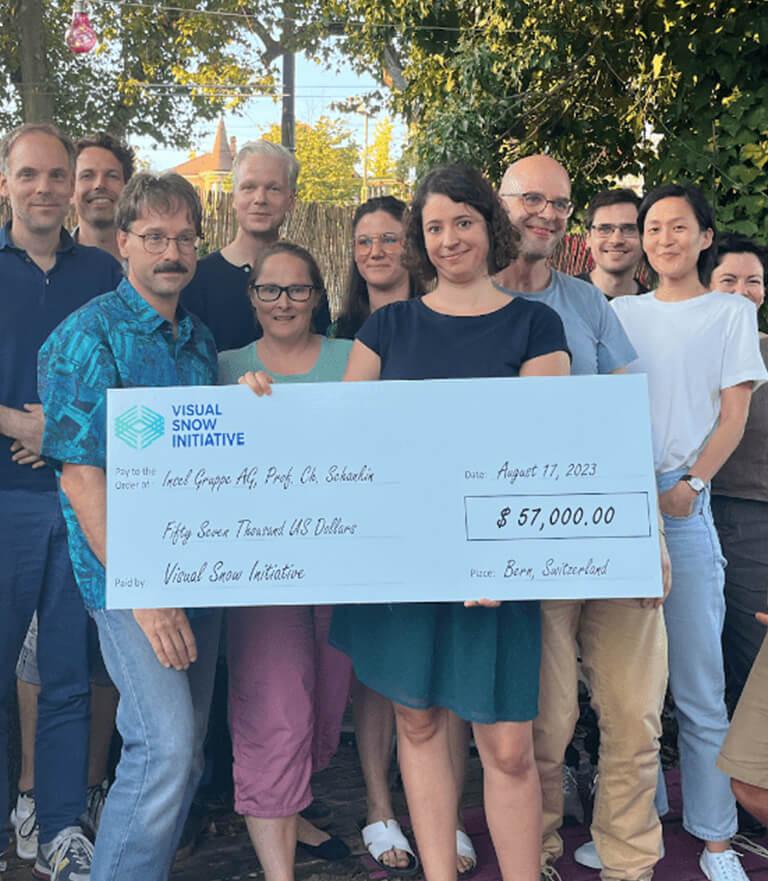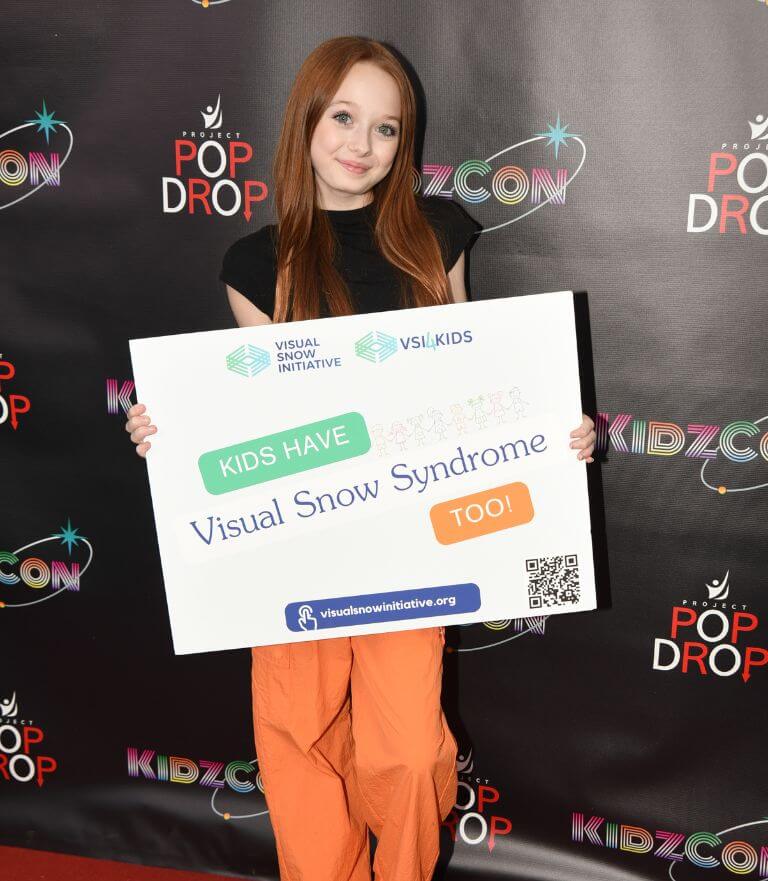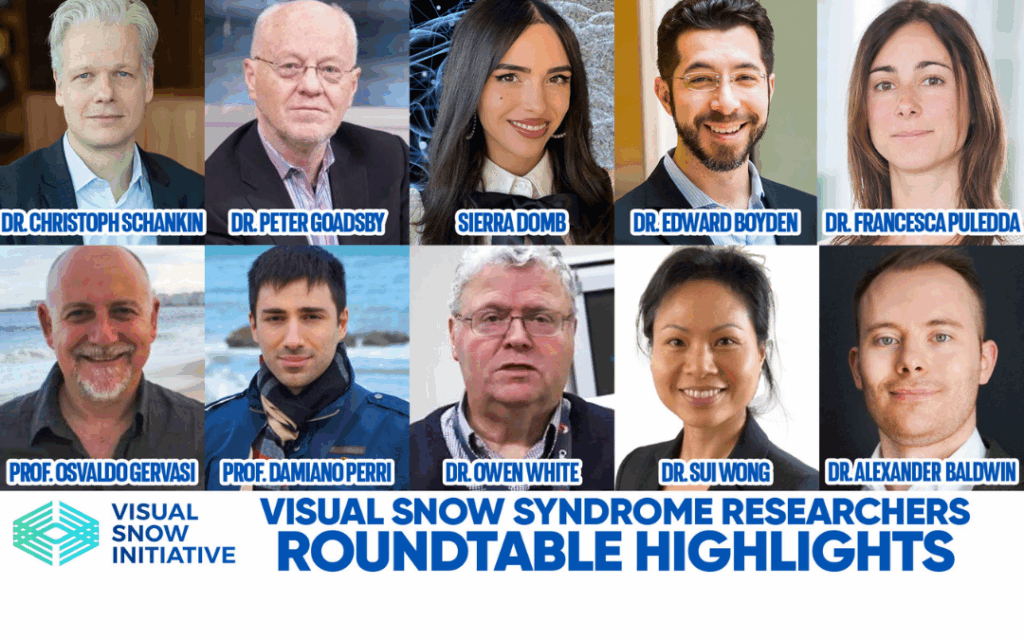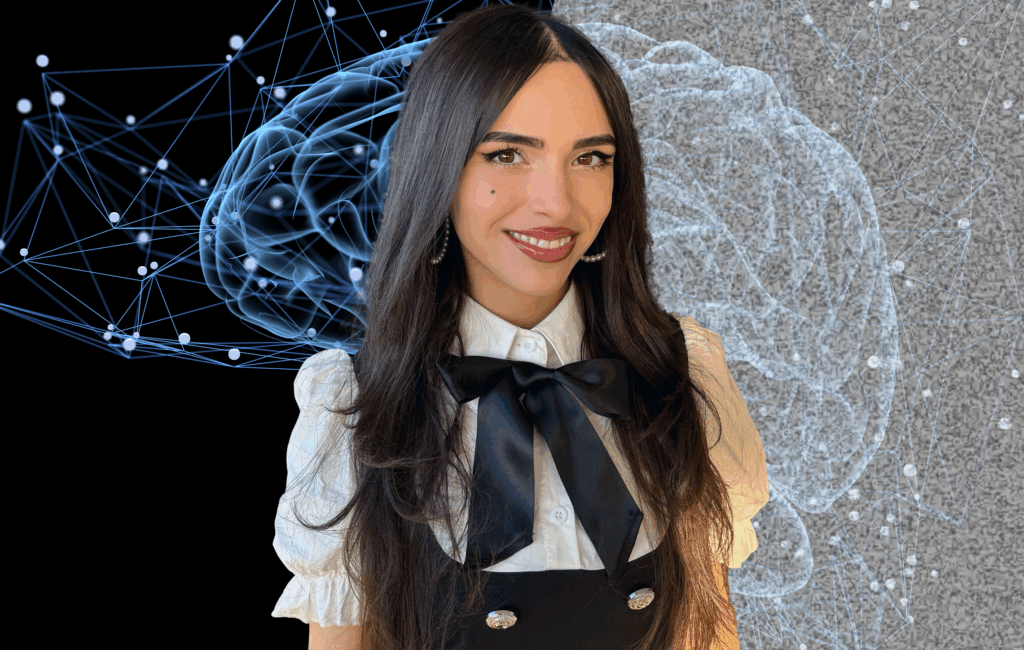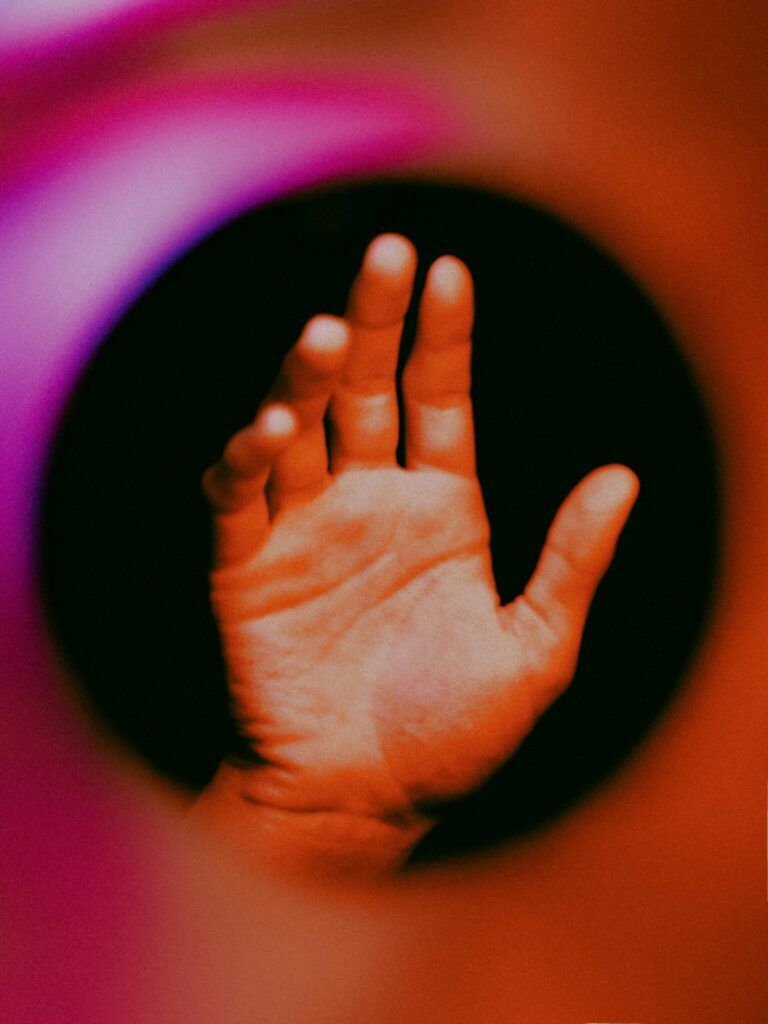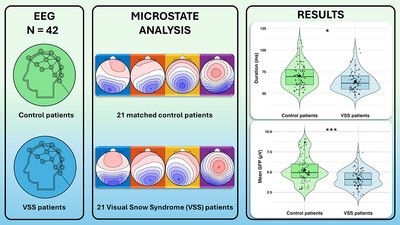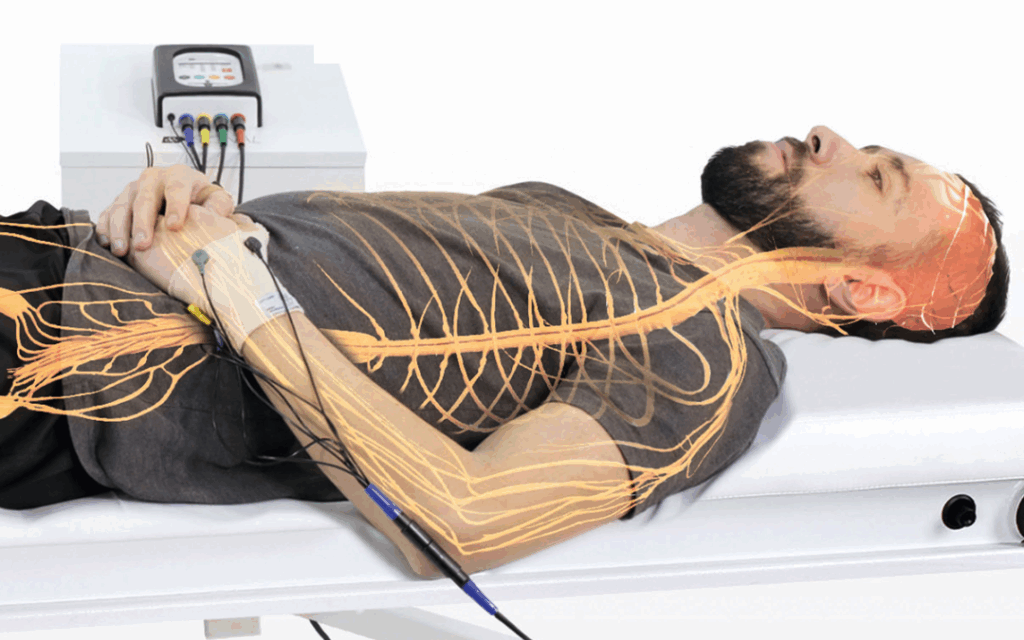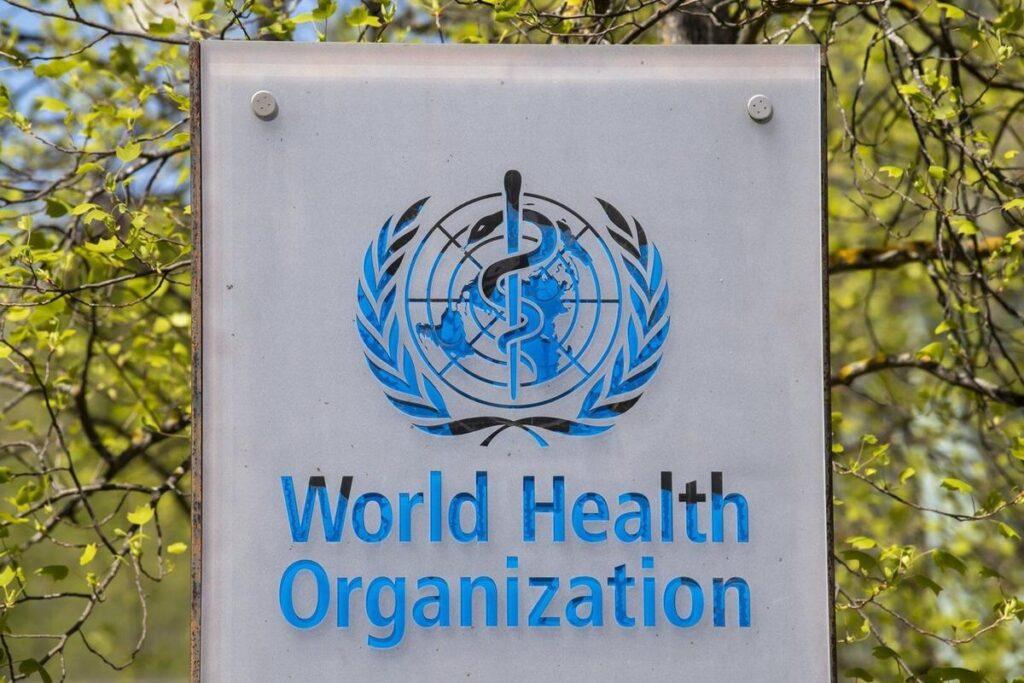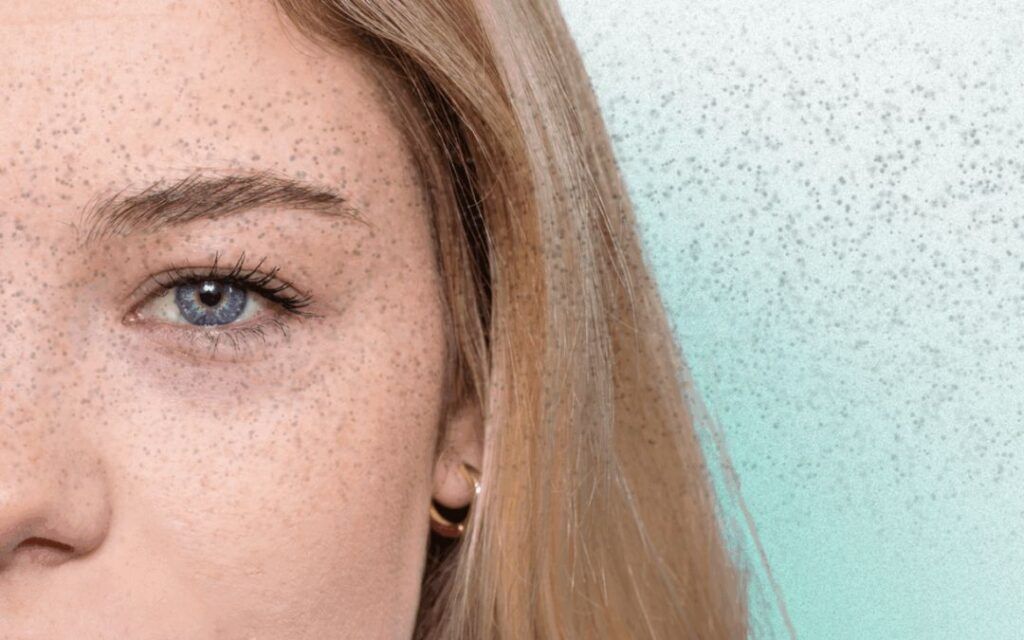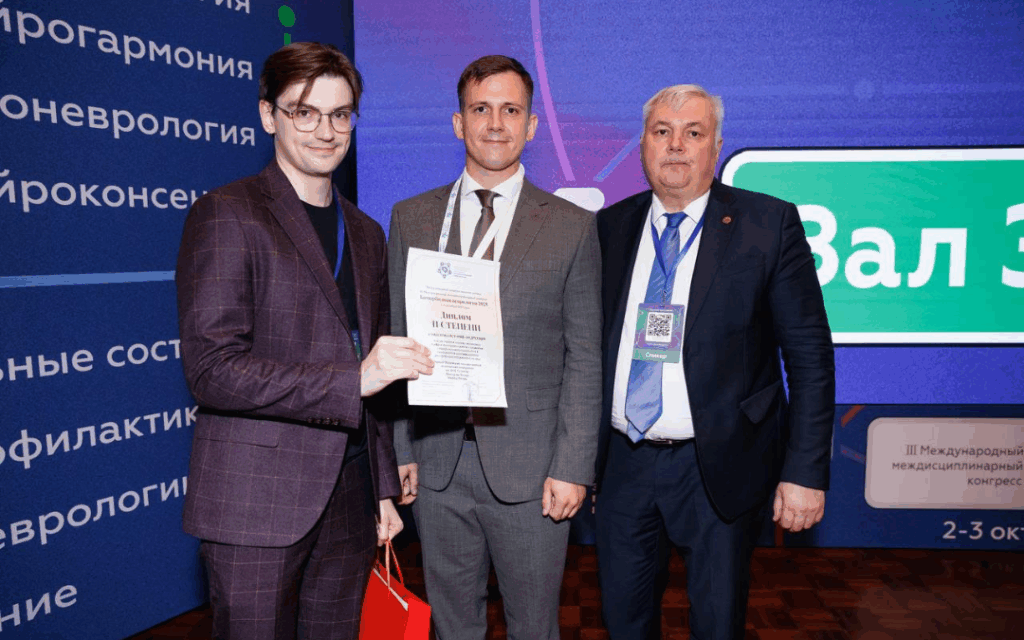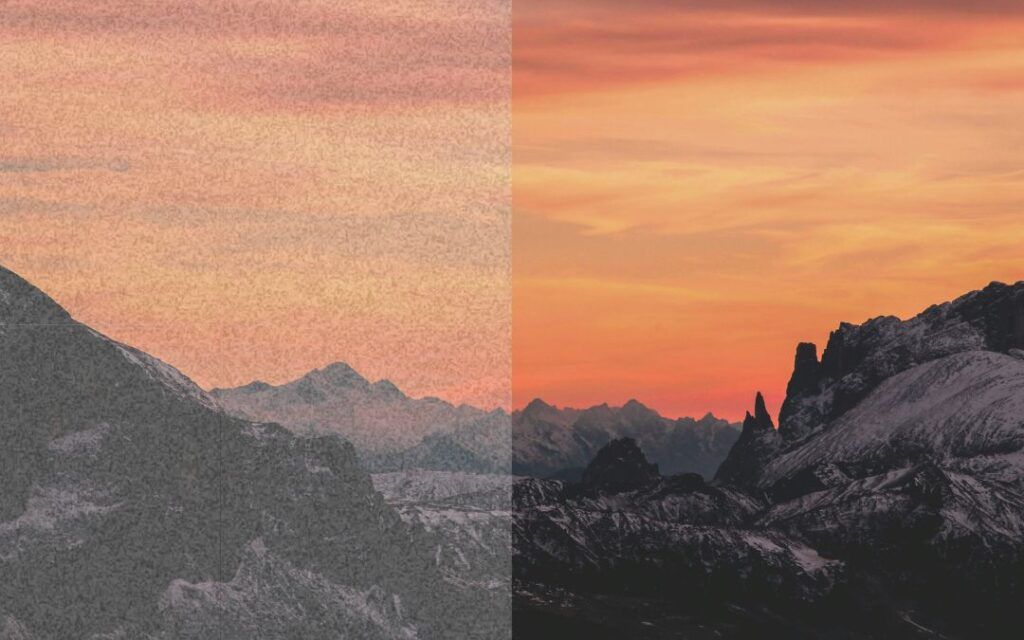Visual Snow Initiative
COLLABORATE, EDUCATE, AND CURE
Visual Snow Syndrome (VSS) is a neurological condition that can affect vision, hearing, cognition, sensory processing, and overall quality of life.
The main characteristic of VSS is the constant perception of visual snow, which appears as static, flickering dots or flashing lights seen 24/7, whether the eyes are open or closed. Many describe it as trying to see through a snowstorm or a shaken snow globe. However, VSS typically involves more than just visual snow. Those with VSS commonly experience a range of other persistent, debilitating visual and non-visual symptoms. The condition is estimated to affect 2-3% percent of the global population and can impact people of all ages.
The Visual Snow Initiative (VSI) is a nonprofit organization that was created to establish global awareness, education, recognition, resources, and research for Visual Snow Syndrome. To date, VSI has been contacted by individuals affected by VSS in over 93 countries. Together, we can take action to drive progress for VSS.
What is Visual Snow Syndrome?
Whether you are hearing about Visual Snow Syndrome (VSS) for the first time or struggling to explain it to others, this video is for you.
Physicians can also share it with patients or colleagues to help improve understanding of VSS.
While VSS is complex, explaining it does not have to be.
DONATE
Support VSS research and the search for a cure.
LEARN
Use our diagnostic tools and educational resources.
JOIN THE CAUSE
Share your journey and raise awareness for VSS.
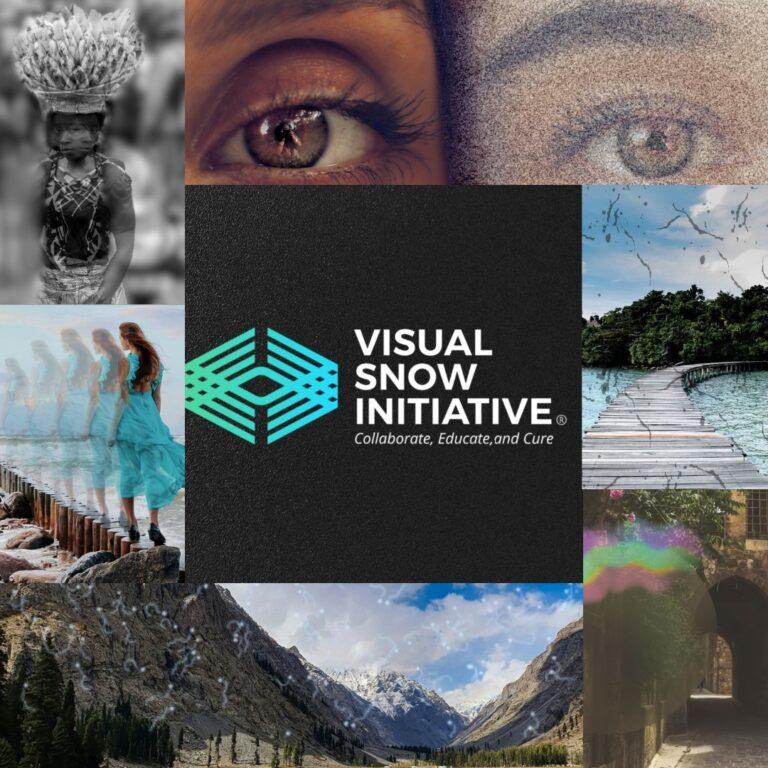
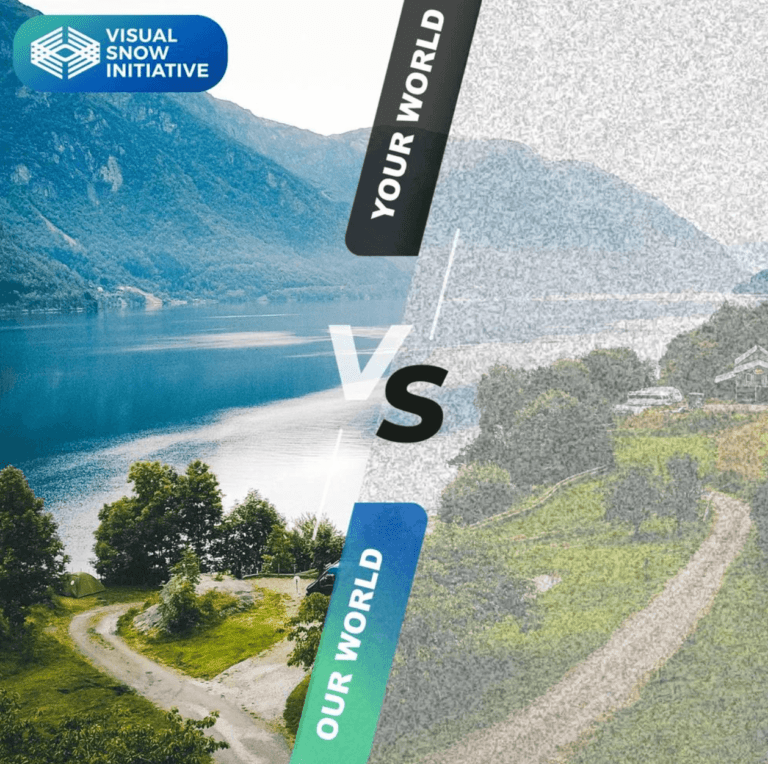
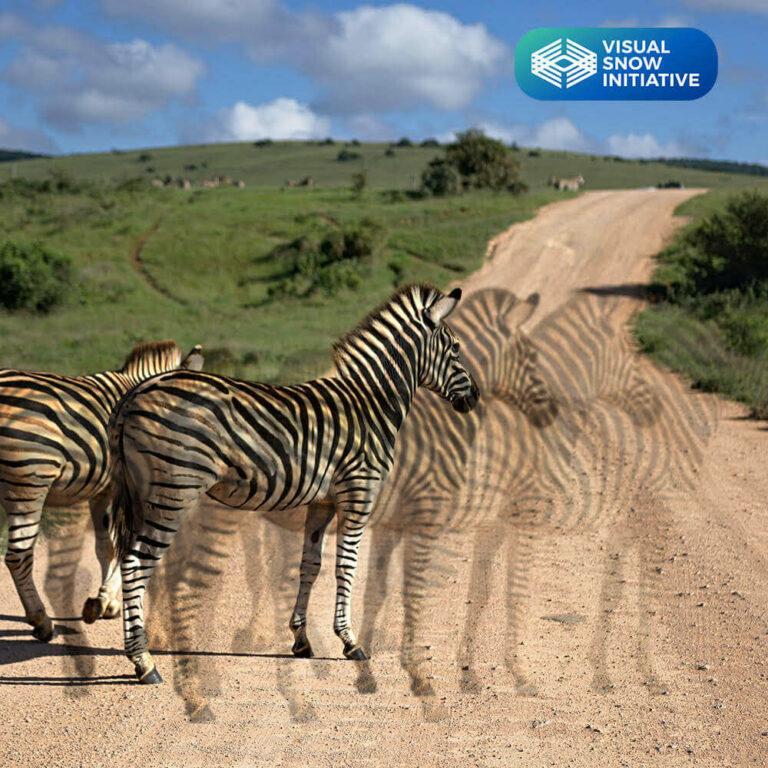
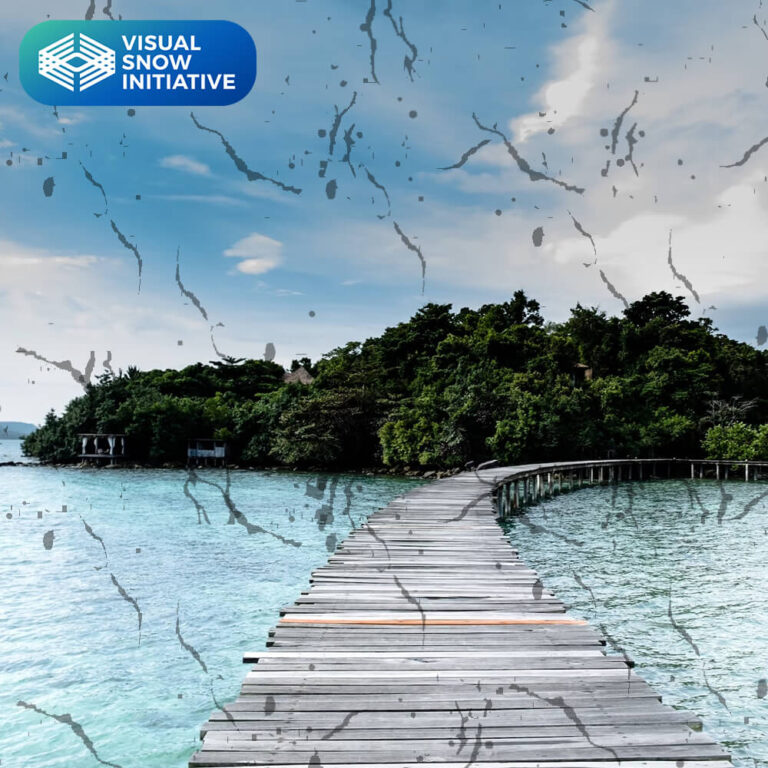
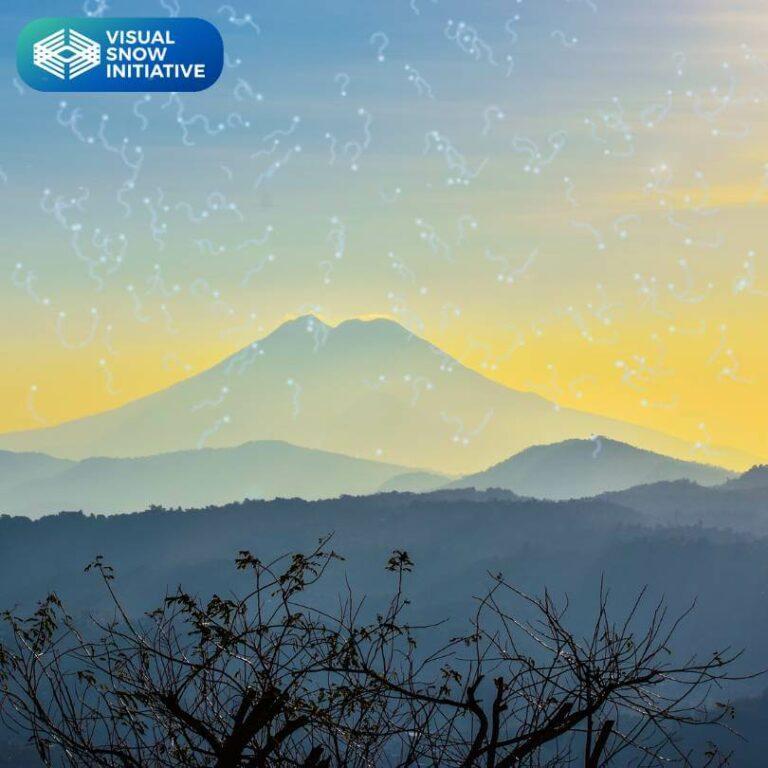
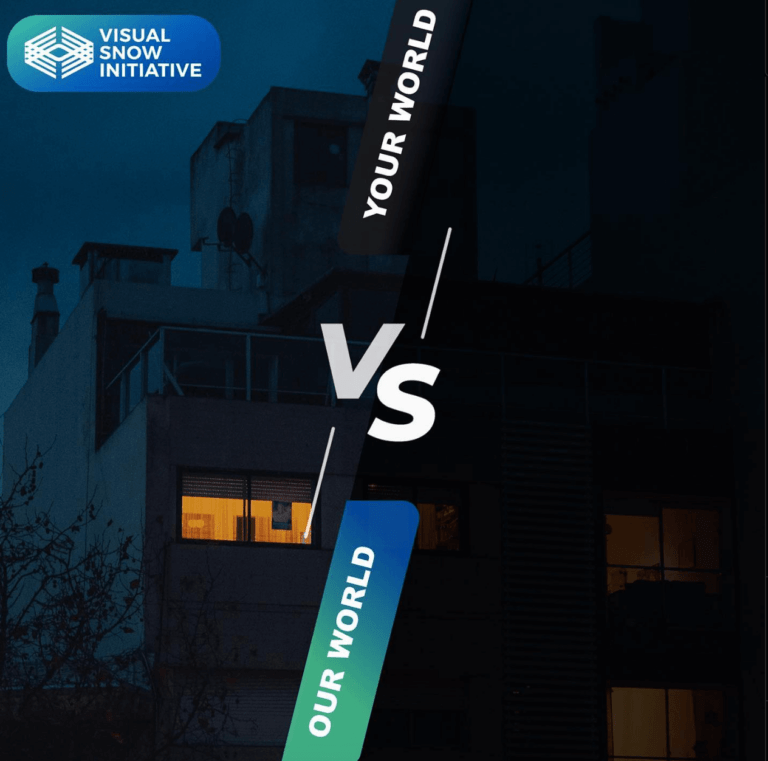

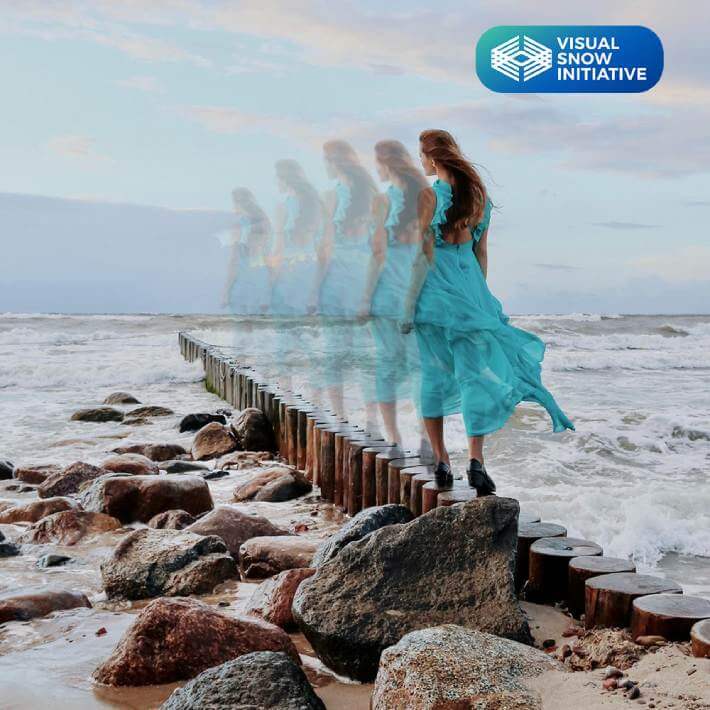
Visual Snow Syndrome Symptoms
Visual Snow Syndrome (VSS) can impact individuals of any age or background, presenting a range of both visual and non-visual symptoms.
Visual & Non-Visual Symptoms
- Visual snow (dynamic, snow-like dots across the entire visual field)
- Palinopsia (continuing to see an image after the stimulus has been removed)
- Photopsia (flashes of light or small floating objects)
- Enhanced entoptic phenomena (excessive floaters and rings of light shooting across the entire visual field, more noticeable when looking at bright surfaces like the blue sky)
- Photophobia (sensitivity or intolerance to light)
- Nyctalopia (impaired night vision)
- Diplopia (double vision)
- Visual distortions
- Susceptibility to sensory overload (when the brain receives more sensory input than it can handle, triggering a "fight-or-flight" response)
- Hyperacusis (increased sensitivity to sounds, especially those at specific frequencies)
- Phonophobia
- Tremors (involuntary, rhythmic movements of the body)
- Balance issues (difficulty maintaining body position or stability)
- Dry eyes
- Other visual phenomena, such as starbursts and halos
- Tinnitus (ringing or buzzing sound in the ears)
- Anxiety
- Depression
- Derealization
- Depersonalization (feeling detached from yourself)
- Frequent migraines
- Brain fog and confusion
- Dizziness
- Nausea
- Paresthesia (tingling "pins-and-needles" sensations, commonly experienced in the arms, hands, legs, and feet)
- Insomnia and other sleep disturbances
- Sensory disturbances (such as "brain zaps" or electric shock-like sensations)
- Sensory hypersensitivity / hyperesthesia (increased sensitivity to stimuli, such as sights and sounds)
- Cutaneous allodynia (pain sensation on the skin or scalp from non-painful stimuli, such as a hairbrush on the scalp or glasses on the nose/ears)
Recent Highlights
Our Collaborators
Some of the institutions VSI has worked with include:

Massachusetts Institute of Technology

Monash University
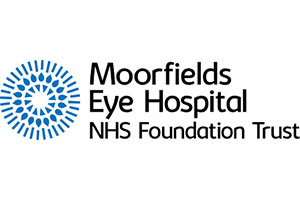
Moorfields Eye Hospital NHS Foundation Trust

University of Bern

King’s College

University of Oxford

University of California, Los Angeles
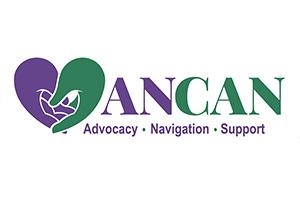
AnCan

University of Colorado

Imperial College
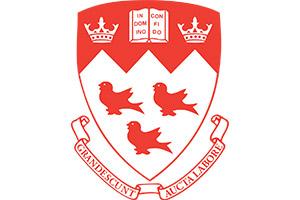
McGill University / Université McGill
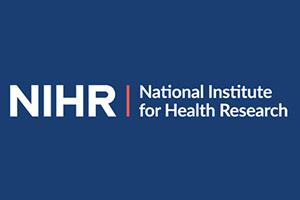
NIHR National Institute for Health and Care Research

Binghamton University
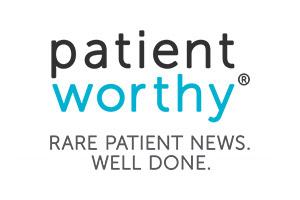
Patient Worthy: Rare Patient News. Well Done.

University of Queensland

York University

University of Toronto
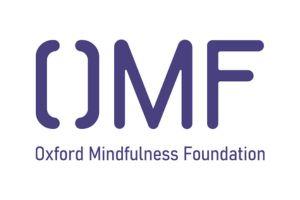
Oxford Mindfulness Foundation

The University of Sheffield
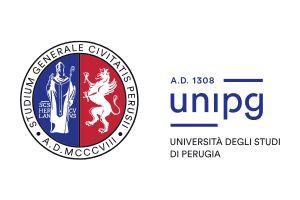
University of Perugia

Bournemouth University

University of Minnesota

Sechenov University

Tiny Studios
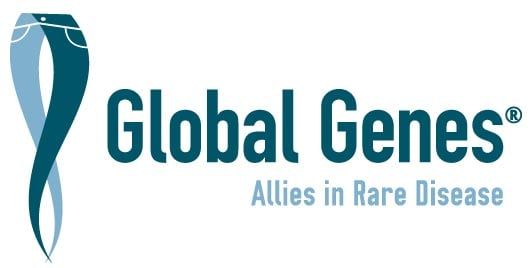
Global Genes
Visual Snow Initiative Professional Testimonials






Sierra Domb Announces Historic ICD Recognition Of Visual Snow Syndrome
In 2024-2025, VSI Founder Sierra Domb, alongside Dr. Peter Goadsby and Dr. Owen White, led a landmark initiative through the Visual Snow Initiative (VSI) that resulted in a historic breakthrough: official ICD recognition by the World Health Organization for both Visual Snow Syndrome (the neurological condition) and Visual Snow (the hallmark visual symptom involving persistent static). This marked the first time Visual Snow Syndrome was formally acknowledged within global medical and scientific frameworks. The achievement represented a pivotal advancement for individuals who had long been marginalized and dismissed since the condition was first documented in 1944. By securing this recognition, VSI catalyzed progress in diagnosis, research, and treatment access worldwide, offering long-overdue validation to those affected by this historically misunderstood condition.

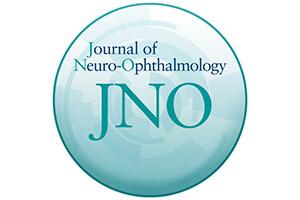
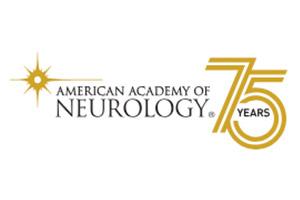
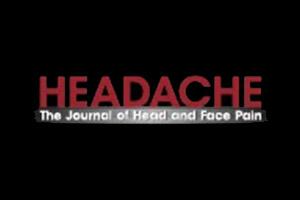





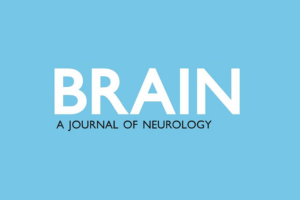
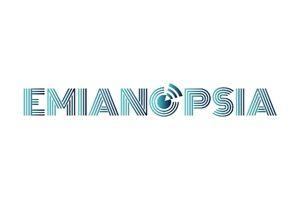




































































































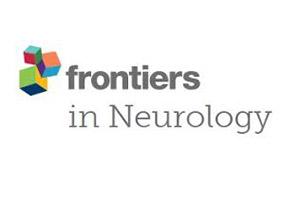

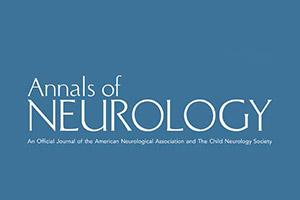

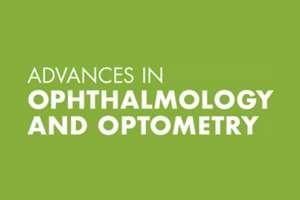

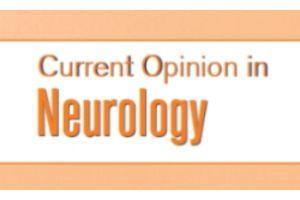


















































































Medical & Scientific
Publications
Our global impact and VSI-funded research studies have been featured in the following medical and scientific journals, as well as clinical databases:
Latest Updates
Our News & Research section features important updates on the Visual Snow Initiative, including research studies, interviews, projects, and other relevant information about our global efforts and progress regarding Visual Snow Syndrome.
The Visual Snow Initiative has released its newest Roundtable Discussion video, hosted by VSI Founder and medical advocate Sierra Domb. This collaborative, conversation-style meeting brings leading experts in Visual Snow Syndrome (VSS) together to share research, compare findings, ask critical questions and learn more for future studies.
The discussion features a panel of experts from around the world, many of whom pioneered the earliest research, contributed to key milestones in the recognition and understanding of the condition, and continue to lead advancements in their field. The panel includes Dr. Christoph Schankin, Dr. Peter Goadsby, Dr. Edward Boyden, Dr. Francesca Puledda, Prof. Osvaldo Gervasi, Prof. Damiano Perri, Dr. Owen White, Dr. Sui Wong, and Dr. Alexander Baldwin.
Visual Snow Syndrome Discussion
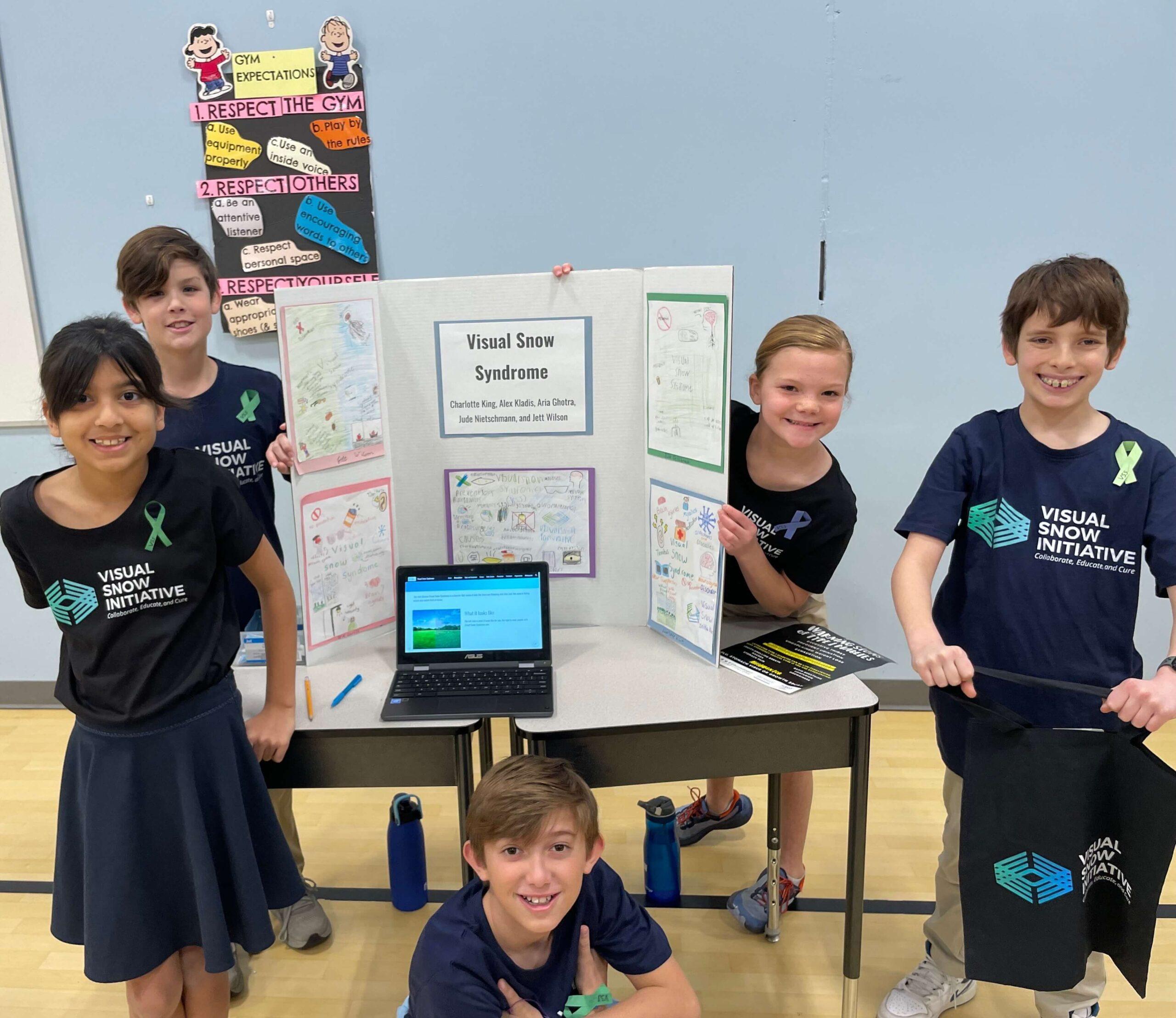
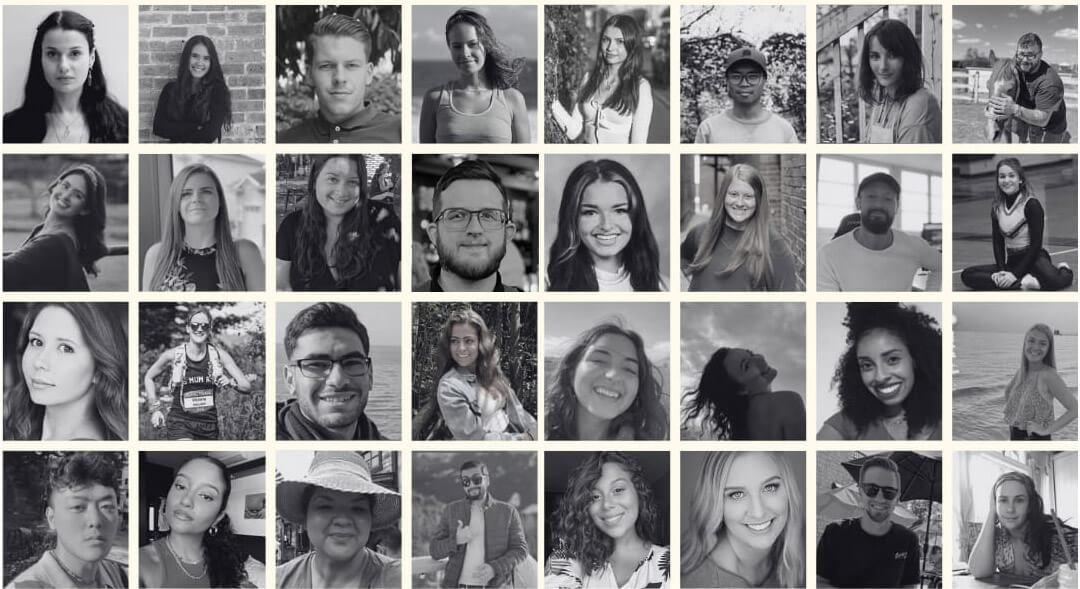
VSS Affects Individuals of All Ages Worldwide
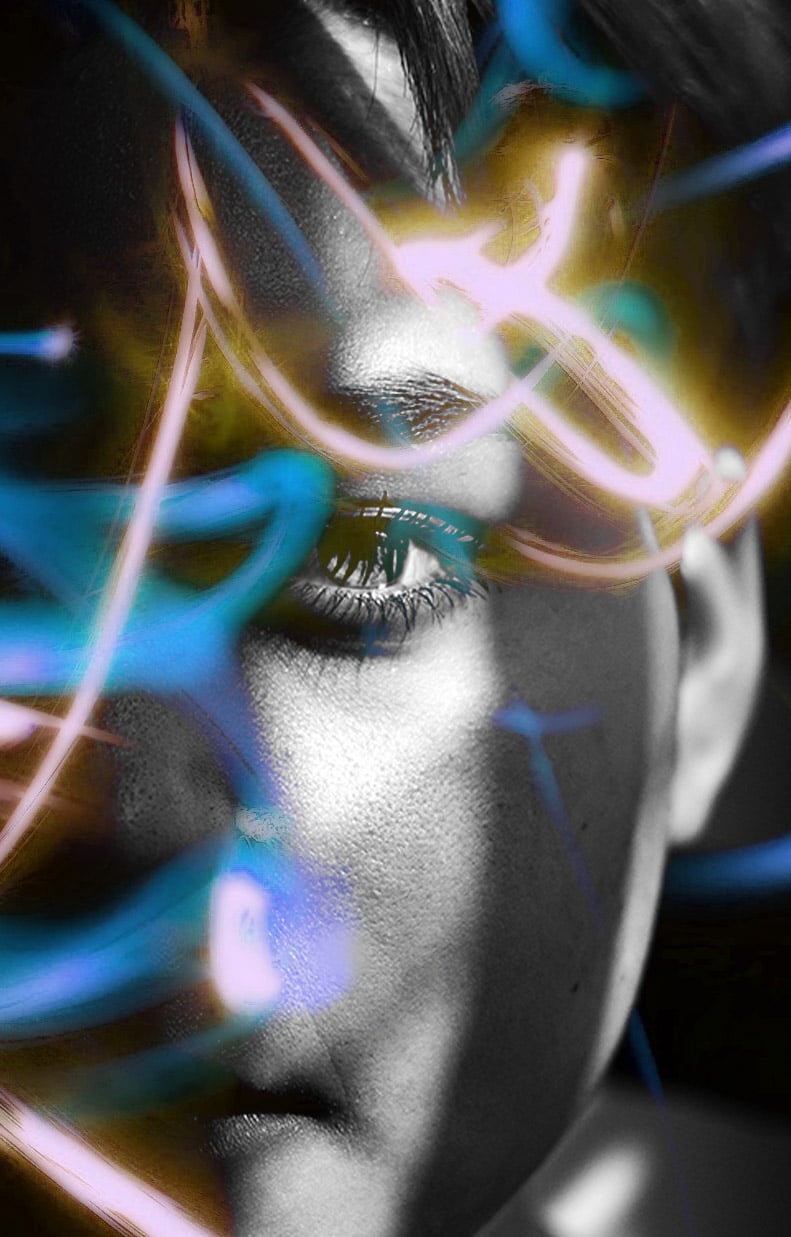
The Visual Snow Initiative
The Visual Snow Initiative (VSI) is a nonprofit organization that was created to establish global awareness, education, recognition, resources, and research for Visual Snow Syndrome (VSS), a neurological condition affecting an estimated 2-3% of the global population. VSS can impact vision, hearing, cognition, sensory processing, and quality of life for individuals of all ages.
Founded in 2018 by Sierra Domb, VSI was established after she experienced the onset of VSS. Sierra organized the first Visual Snow Conference, bringing together researchers and medical professionals from around the world to form a Global Research Team. This collaboration has resulted in groundbreaking research on symptomatology, pathophysiology, brain network mechanisms, neurotransmitter activity, biomarkers, and treatment strategies where none previously existed for VSS.
VSI’s team has driven research efforts in 7 countries and secured ICD recognition from the World Health Organization for both Visual Snow Syndrome and Visual Snow, marking the first global scientific and medical acknowledgment of VSS. Key milestones include the creation of the first Diagnostic Criteria for VSS, the launch of a Global Directory of VSS Physicians, the production of over 300 educational videos, the development of physician-patient resources to improve care outcomes and health literacy, the establishment of the first pediatric platform for children with VSS, and advancements in awareness through multimedia initiatives.
All donations to VSI directly support scientific research aimed at understanding Visual Snow Syndrome, developing safe and effective treatment options, and ultimately finding a cure. As research progresses, VSI’s team simultaneously builds global collaborations, raises awareness among public and medical communities, and creates multimodal educational resources designed to help both patients and medical professionals.
The Visual Snow Conference
One of the earliest efforts of the Visual Snow Initiative (VSI) was the establishment of the first-ever Visual Snow Conference. Held on May 5th, 2018, at the University of California, San Francisco (UCSF), Sierra and her team hosted a free summit that brought together individuals affected by VSS, their loved ones, and experts from around the world. Doctors, researchers, and scientists with expertise in VSS traveled from Australia, Canada, England, and various cities across the United States. Alongside Sierra, they offered acknowledgment and validation to patients and their families. The event aimed to raise awareness, share the current body of research, provide education, offer resources, and foster a deeper understanding of VSS.
NEWS & RESEARCH
Our News & Research section features important updates on the Visual Snow Initiative, including research studies, interviews, projects, and other relevant information about our global efforts and progress regarding Visual Snow Syndrome.
PHYSICIANS & SPECIALISTS
VSI’s Physicians & Specialists Directory features medical professionals from around the world. Many have worked with individuals living with Visual Snow Syndrome, who then referred them to us and affirmed their familiarity with the condition.
VISUAL SNOW WARRIORS
These inspiring individuals with Visual Snow Syndrome have shared their experiences and how they manage its symptoms.
VSI Website Walkthrough
This detailed video guide is designed to help you navigate the information and resources about Visual Snow Syndrome (VSS), the Visual Snow Initiative (VSI), and more available on our website.
- Discover the latest updates and enhancements on our website.
- Access new features and tools designed to assist VSS patients, medical professionals, and researchers.
- Learn how to quickly find essential information and resources related to VSS, VSI, and more.
- Check out how our new layout improves your browsing experience.
- Explore ways to connect with others and support the VSI’s mission.
If you need help navigating our website or are searching for something specific but are not sure where to begin, we recommend watching this tutorial.
"At the heart of everything we’ve done is the goal of making a positive difference for people of all ages affected by Visual Snow Syndrome. If our efforts have helped even one person facing similar challenges, I consider that an honor. I hope my story and our work through the Visual Snow Initiative can continue to inspire progress and understanding for this condition worldwide."

